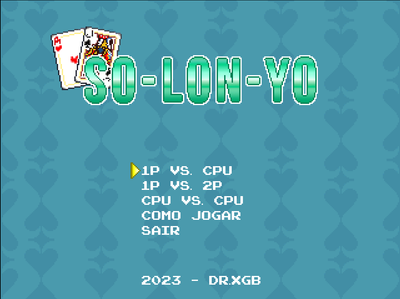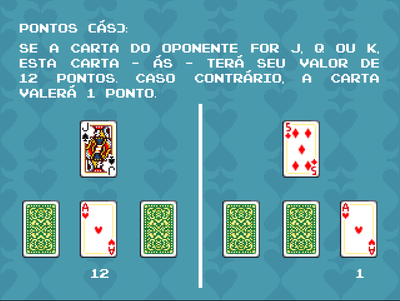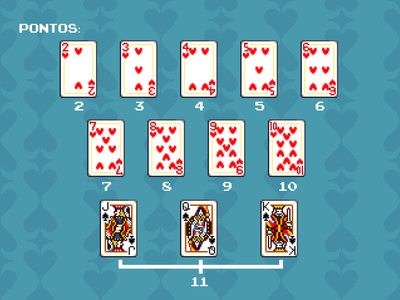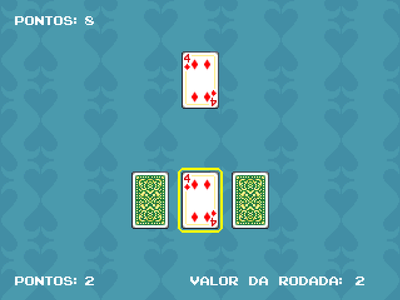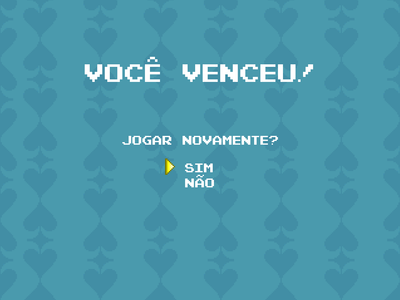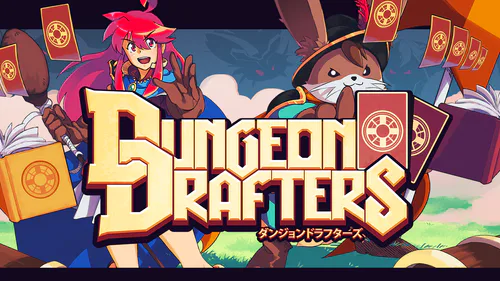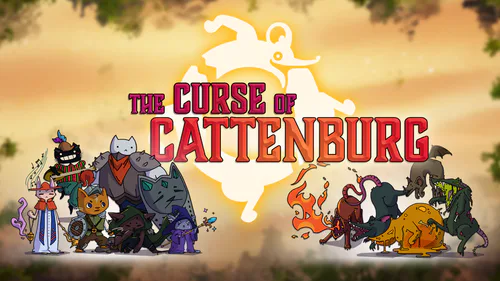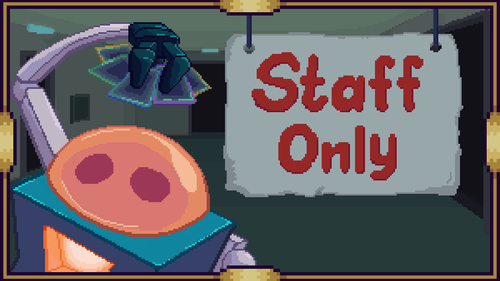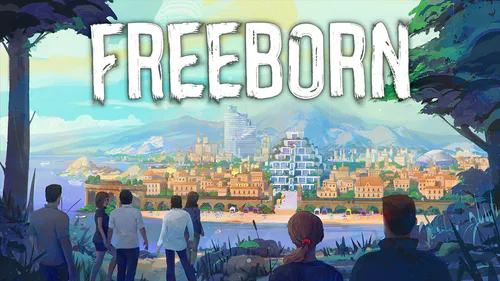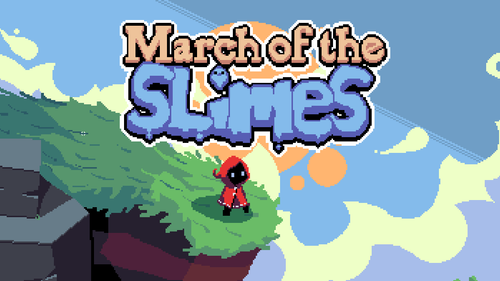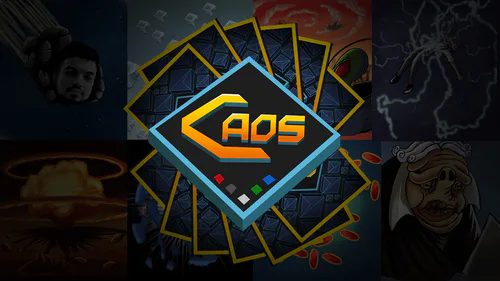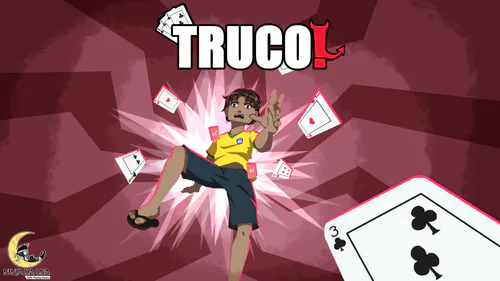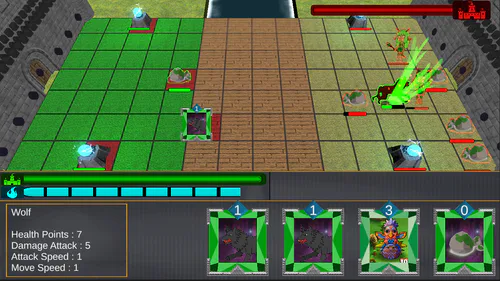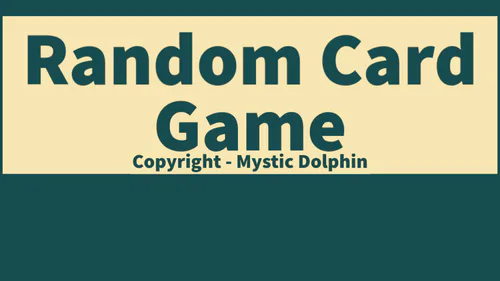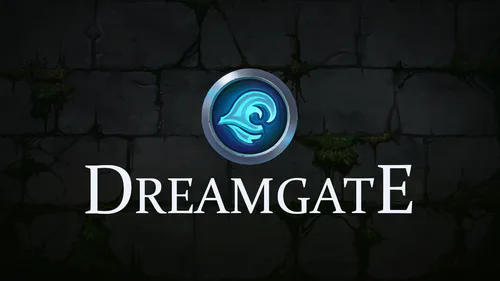
Comments
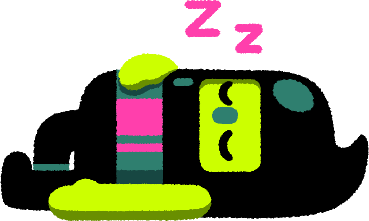
So-Lon-Yo - EN
So-Lon-Yo
About the game
The incentive to create this project comes from the Game on a Single Map event organised by Canal do Solon. The challenge will be to produce this game while complying with all the event's regulations:
10 (ten) switches
10 (ten) variables
10 (ten) map events
5 (five) common events
This is a simple turn-based card game with two players. Basically, the players will receive their cards, the opponent will receive one card and the player, three. The player must try to draw a higher card from the three received. If the card drawn is bigger than the opponent's, the player receives points. If not, the turn is passed to the opponent.
Game rules
So-Lon-Yo is a card game with simple rules. The game is turn-based, meaning that each player has a turn to make their move.
General
The aim is to reach 128 points before your opponent by drawing bigger cards than the other player.
Matches are played between two players only, one against the other.
Each player must be in a different context:
Challenger: Receives a card. This card starts face up, showing your score so that the defiant player tries to draw a card higher than yours. As long as the player is in this context, they don't receive or lose any points.
Defiant: Receives 3 cards. They must select one of the three to compare with the challenger's card. If their card is bigger, the defiant wins points. If it's the same, the move is repeated. If it's lower, the match takes turns, i.e. the challenger becomes the defiant and vice versa.
Scoring
The cards used in this game are the same as in the deck, with the exception of the joker. Although the cards have their colours and suits, these will not be taken into account in So-Lon-Yo. Only the numbers on the face of the card are used. Each card has its own value:
2 to 10: the number actually on its face.
Jack, Queen and King (J, Q and K): 1 points.
Ace: if the opponent's card is J, Q or K, this card is worth 12 points. Otherwise, the card is worth 1 point.
Knowing these scores, the game must be played by comparing the opponent's cards. The highest card value wins and, if the defiant beats the challenger, that player will receive points.
